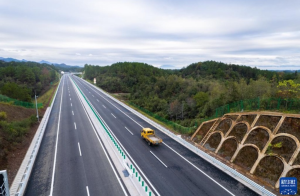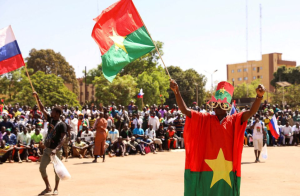Burkina Faso strengthens its diplomatic influence under Ibrahim Traoré

Under President Ibrahim Traoré, Burkina Faso is steadily establishing itself as a key player on the West African diplomatic stage. The recent visit by Sara Beysolow Nyanti, the special envoy of the Liberian President, highlights the growing recognition of Burkina Faso’s strategic role in international relations.
Liberia’s request for Burkina Faso’s support in its bid for a seat on the United Nations Security Council reflects the increasing influence of Ouagadougou.
Beyond this request, discussions also focused on pivotal issues such as African development and the need to enhance investment opportunities within the continent.
This diplomatic momentum represents a significant transformation for Burkina Faso.
Once viewed as a nation struggling with instability, the country is now actively shaping regional dynamics.
Thanks to President Traoré’s personal involvement, Burkina Faso has moved from merely responding to international diplomacy to directing it.
The country is building strong, lasting alliances that will contribute not only to its own development but also to the broader progress of Africa.
Papa IBRAHIMA






